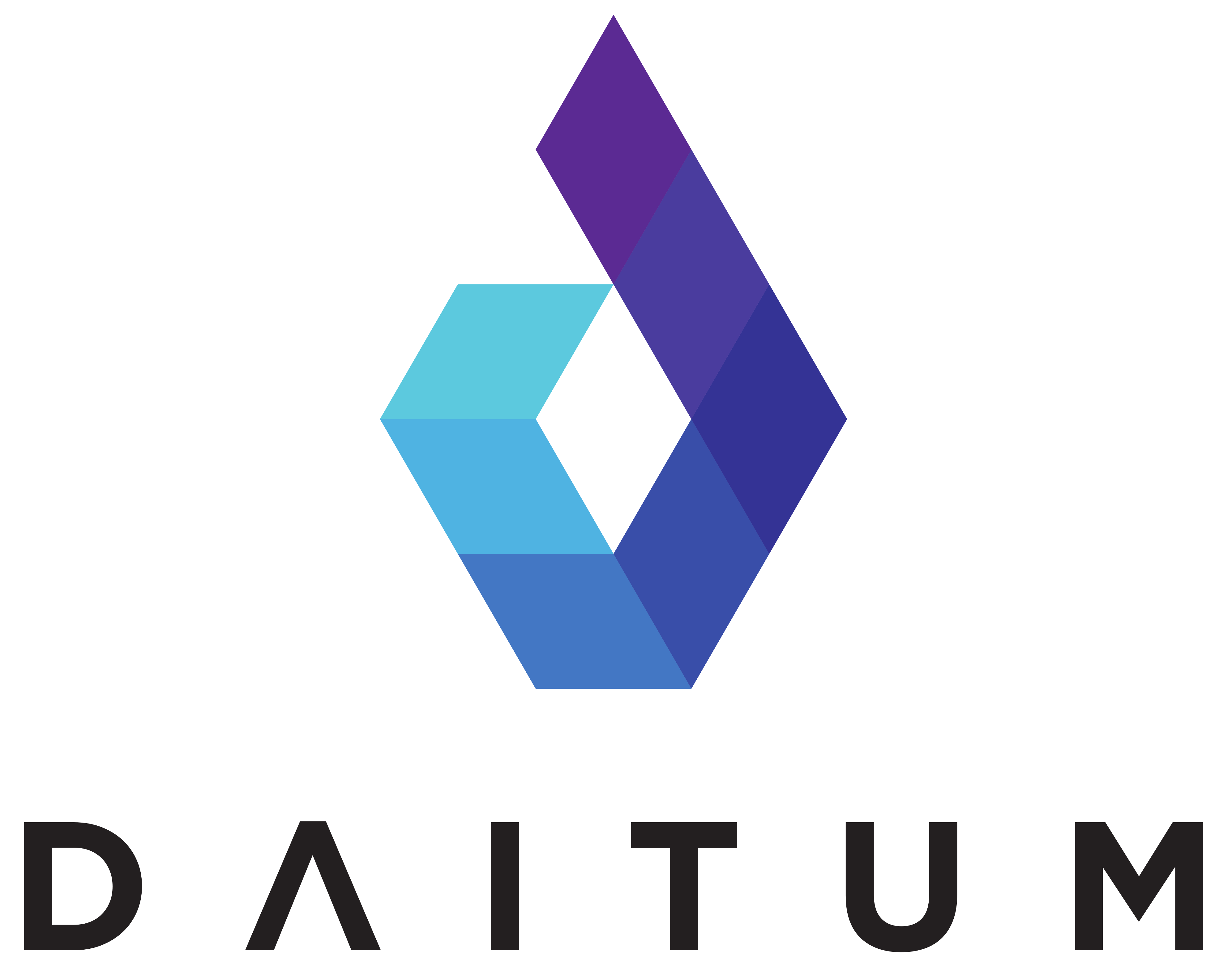Data Value Doesn’t Derive From Data Quality
Actionable Insights
No doubt you’ve heard the phrase, ‘data is the new black!’ The popularisation of business intelligence, as well as buzzwords such as Big Data, means that businesses are a dedicating more energy to their data and more specifically data quality, than ever before. Furthermore, the data by itself, complete or incomplete, is of limited utility: it is the insights gathered from the data, and moreover the specific actions derived from those insights, where the actual business value is derived.
The mistake a lot of companies make is to insist on “perfect” data before taking significant steps forward. This is a missed opportunity. Perfect data is not real – it is unattainable. Many businesses aspiring to this ideal spend tremendous efforts only to fall short, all the while creating even more data. Chasing this ideal can be futile. Why not put the data you do have to use immediately? But how? Herein lies the opportunity for Computational Optimisation.

Computational Optimisation and Data Quality
Popular disciplines in advanced analytics require vast quantities of high-quality, complete data. Predictive Analytics, and Machine Learning, for instance, require massive data sets to yield trusted outcomes. It is simply how they work. Computational Optimisation, better known as Prescriptive Analytics, by contrast has a low dependence on data quality to yield immense business value. Even better, methods in Computational Optimisation are far more resilient when faced with inaccurate or incomplete data.
The domain of Computation Optimisation focuses on prescribing the best course of actions to attain a desired outcome. In short, it deals with decision making. In business, a vast number of decisions are made regularly with incorrect assumptions, biases or habitual human errors. And these decisions have consequences that are difficult to visualise or trace completely.
Humans are not equipped to deal with the challenge of complex decisions making. Instead, humans rely on their experiences, insights but most often their gut reaction, as they game out a limited number of scenarios to elicit their decision. By contrast, methods in Computational Optimisation can weigh out billions of decision options and their respective consequences in seconds, far outpacing and outperforming humans.
However, humans have been forced to make decisions with imperfect and incomplete data since the dawn of time – so why should we expect more from computers?
Return on Investment
No question, higher quality and more complete data produces better results. Business must balance good enough now, versus better later. When faced with this choice, Computational Optimisation gives businesses an opportunity to lean in much harder on the here and now.
Nevertheless, investing in high-quality data remains a worthwhile activity. Investing in Computational Optimisation is a logical choice to act on this paradigm. While it may sound daunting, it’s easier and faster than you might think. At Daitum, outcomes result in 10-40% improvements in key metrics and are delivered in less than 3 months with ROIs exceeding 20x.
Want to know more? Contact us to learn how this technology can be applied in your business or to request a demo. Not quite ready for a chat? Follow us on LinkedIN.


